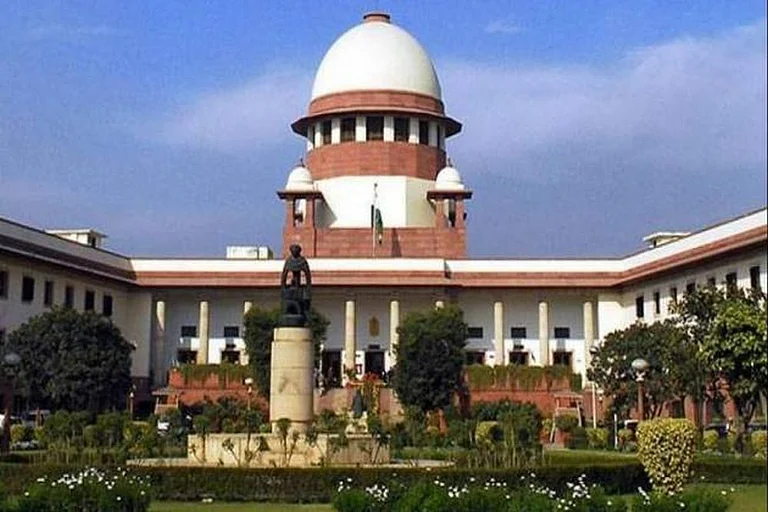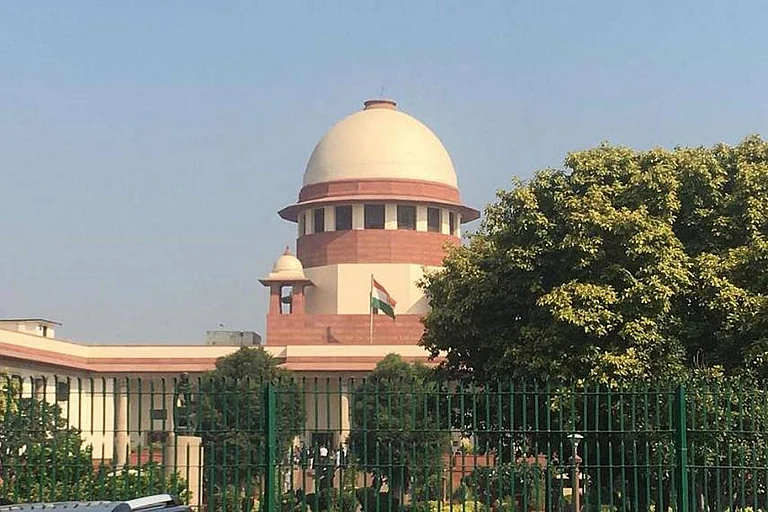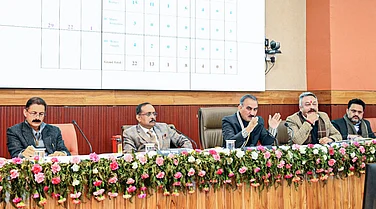The Muslim side on Wednesday objected to a plea seeking worship at 'Krishna Koop' situated on the Shahi Idgah premises in Mathura and asked the Allahabad High Court that no order on the application is required to be passed as the maintainability suit is pending before it.
The Muslim side has challenged the maintainability suit that seeks "removal" of Shahi Idgah mosque which it claims has been built on 13.37-acre land of Katra Keshav Deo temple.
After hearing the two sides, the high court adjourned the hearing for the next date, which will be decided later.
On Wednesday, an objection was raised by the Muslim side on the application moved under Section 151 of CPC (inherent power of court) filed by Ashutosh Pandey.
In his plea, Pandey has said that 'Basoda puja' is performed every year by Hindu devotees at 'Krishna Koop' (well) on 'Mata Sheetla Saptami' and on 'Mata Sheetala Ashtami'.
This year 'Mata Sheetla Saptami' falls on April 1 and 'Mata Sheetla Ashtami' on April 2 as per Hindu calendar, the plea said.
On the said dates, as per past practice, the 'Basoda puja' has to be performed by the plaintiffs at Krishna Koop, but the defendants are preventing them from performing the puja, Pandey said in the plea.
It was argued by the Muslim side that pending hearing on the maintainability suit, no order on such an application is required to be passed.
The application was also opposed by the Muslim side saying that it is Waqf property and the plea is not maintainable.
However, the Hindu side submitted that people having faith and belief in Hinduism have to be given liberty to perform puja at the Krishna Koop.
The counsel for the Hindu side said that it is the discretionary power of the court to entertain such applications and to pass orders on them.
Besides, Advocate Vishnu Shankar Jain, appearing for the Hindu side, opposed an application of the Muslim side moved for discharge of UP's Additional Advocate General Manish Goel who was earlier appointed by the court as amicus curiae in the matter by its order dated January 17.
Jain said that there is no such provision to the effect that a government counsel cannot be appointed as amicus curiae.


























